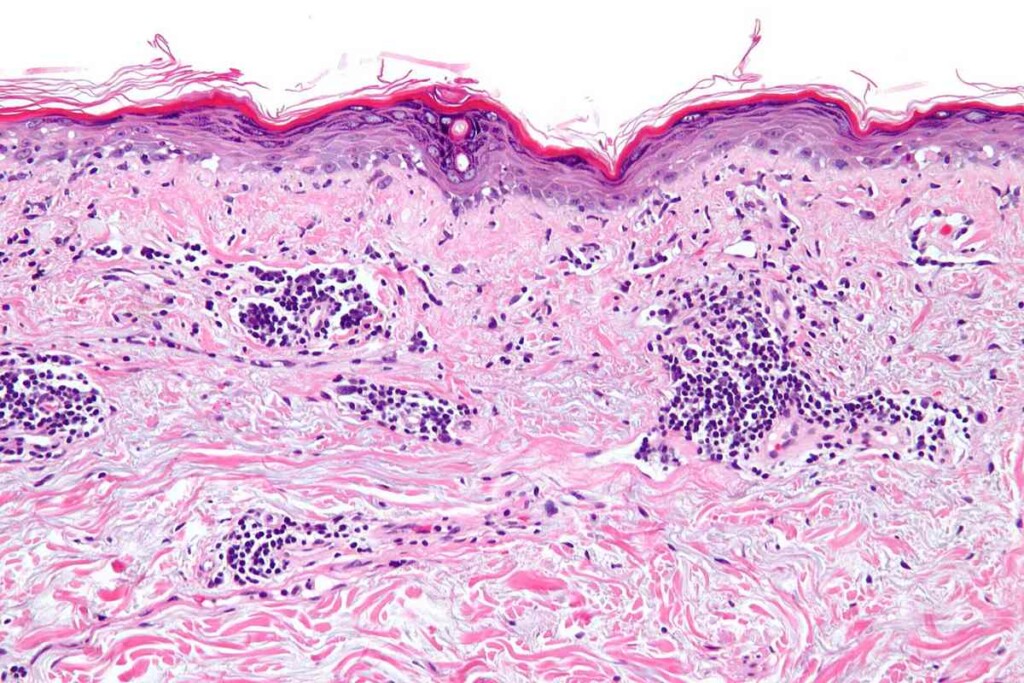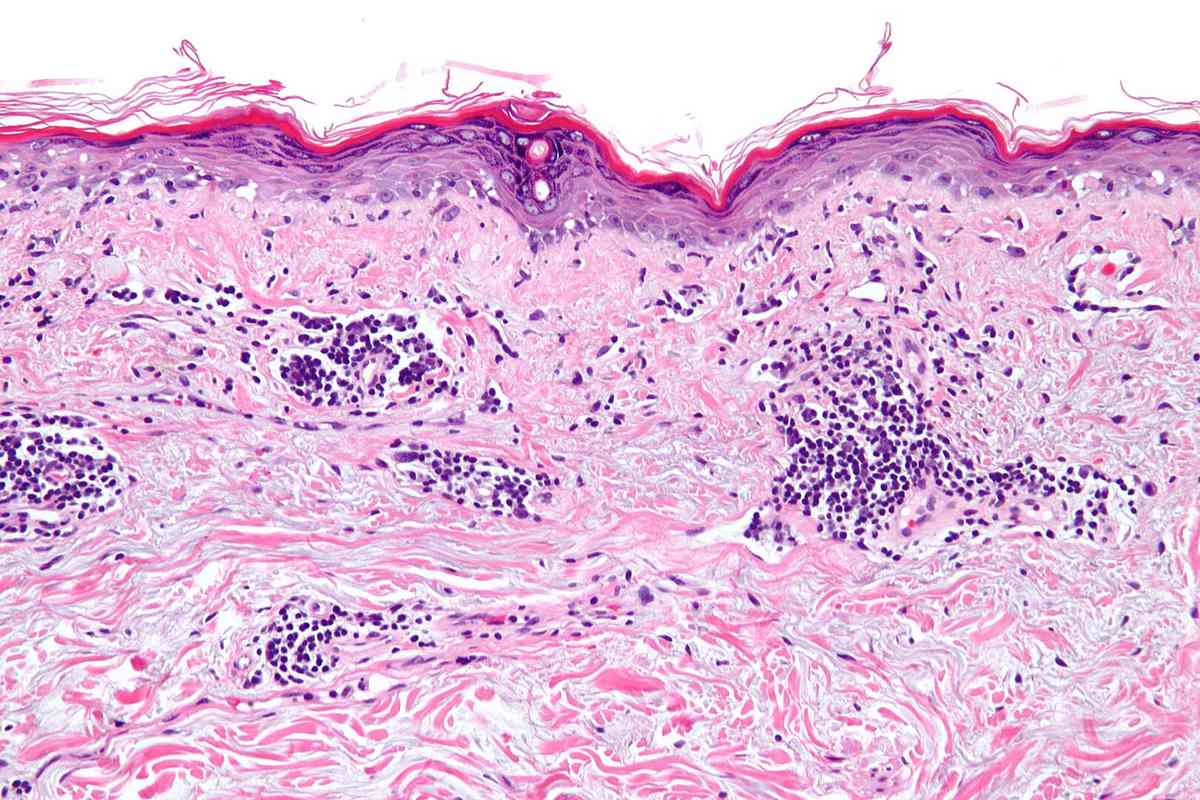
A team of scientists from Northwestern Medicine and Brigham and Women’s Hospital have identified the cause of lupus, a devastating autoimmune disease that affects 1.5 million Americans.
In doing so they also believe they’ve found a cure, or at least a more sophisticated treatment, and are currently working on developing a pharmacologic method of delivering the potential cure-like molecule.
Lupus erythematosus, to use its full name, involves the body’s immune system attacking its own native cells, causing a variety of skin complications, while also potentially life-threatening damage to the heart, kidney, and brain. The cause of lupus isn’t well understood, and the scientists at Northwestern criticized existing treatments as “blunt instruments.”
The researchers first studied lupus patients and found that those with the disease had higher levels of an infection-fighting protein called interferon and not enough aryl hydrocarbon receptor (AHR), which regulates how the body responds to infection.
“Up until this point, all therapy for lupus is a blunt instrument. It’s broad immunosuppression,” said co-corresponding author Dr. Jaehyuk Choi, associate professor of dermatology at Northwestern University. “By identifying a cause for this disease, we have found a potential cure that will not have the side effects of current therapies.”
His coauthor Dr. Deepak Rao, a rheumatologist at Brigham and Women’s Hospital, explains the cure acts as an adjustment.
“We’ve identified a fundamental imbalance in the immune responses that patients with lupus make, and we’ve defined specific mediators that can correct this imbalance to dampen the pathologic autoimmune response,” said co-corresponding author Dr. Deepak Rao.
YOU MAY ALSO LIKE: Overlooked Drug Proven to Be Superior Treatment for Crohn’s Disease–Helping Patients Avoid Surgery
Rao and Choi, along with the rest of their team aim to develop medications to activate the AHR pathway. When this pathway is insufficient, it results in too many immune cells that promote the production of disease-causing autoantibodies.
Northwestern press reports that in order to show how this discovery can be leveraged for treatments, the investigators returned the AHR-activating molecules to blood samples from lupus patients. This seemed to reprogram these lupus-causing cells into a type of cell that may promote wound healing from the damage caused by this autoimmune disease.
MORE AUTOIMMUNE DISEASE TREATMENTS: New Simple Therapy Offers Potentially Groundbreaking Treatment Option for ALS and Other Autoimmune Diseases
“We found that if we either activate the AHR pathway with small molecule activators or limit the pathologically excessive interferon in the blood, we can reduce the number of these disease-causing cells,” said Choi. “If these effects are durable, this may be a potential cure.”
ALERT Social Media Of This Potential Cure Now…




















